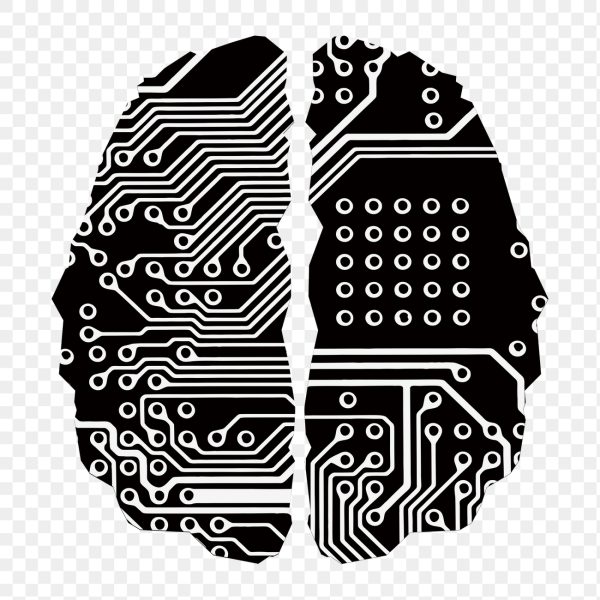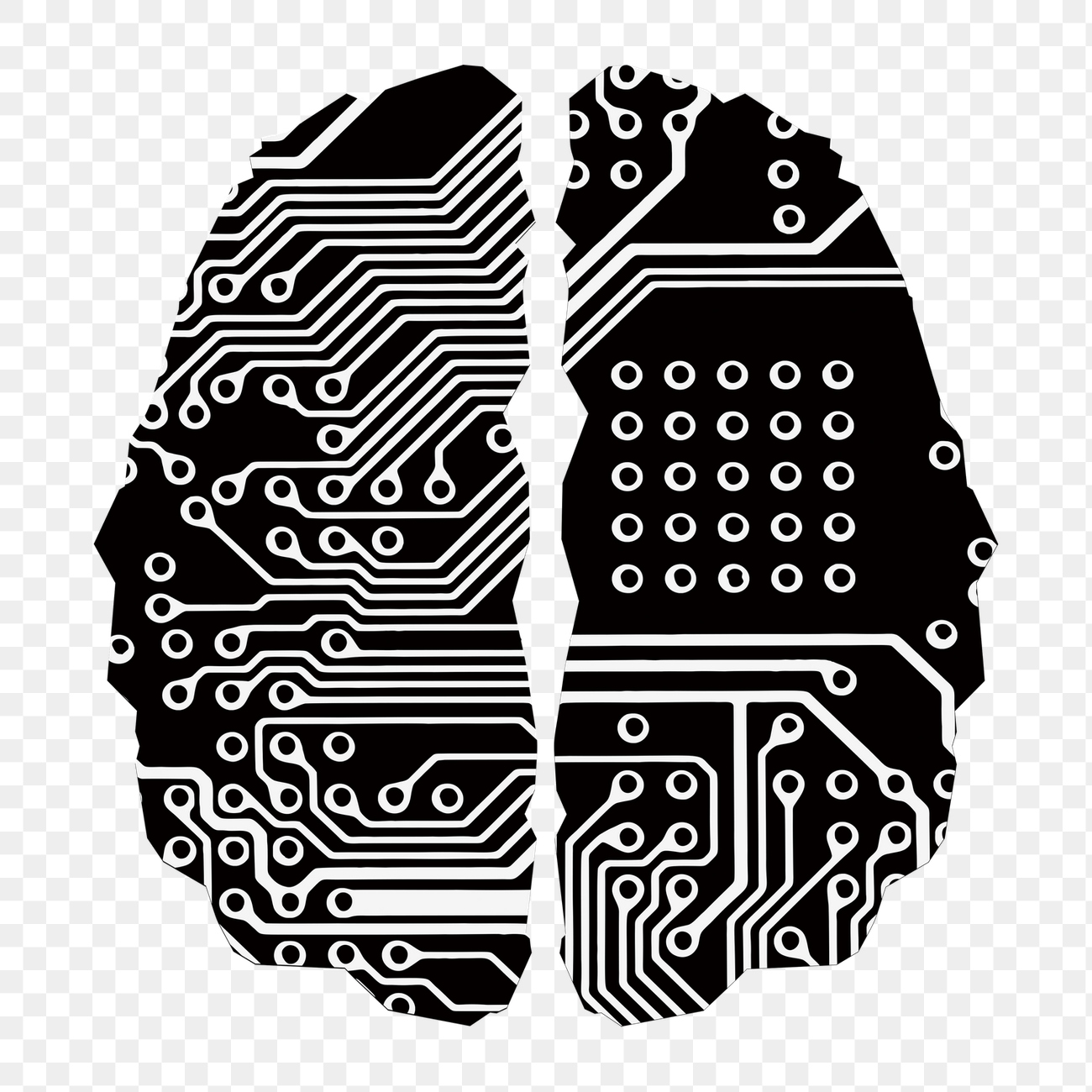In the Christmas edition I explained that a paradox is a contradiction of what seems to be one way but in reality, is something else. I used the explanation of C.S. Lewis of what I have called the excuse paradox where the excuse (the real reason) of an offending person’s comments or actions or even an event’s occurrence is usually better than the offending person thinks and reacts to, and the offended person’s thoughts or reaction reasons are usually worse than they think it is. I suggested that keeping this paradox in mind in daily encounters usually leads to more peace in those kinds of encounters and relationships.

Photo by meo on Pexels.com
This article takes the concept a step further and will explain what I am labeling as the blame and justification paradox. To understand this better, you should consider an aspect of the human body’s make up or function in which it produces in certain circumstances a hormone from the adrenal glands to physically and emotionally help you prepare for stressful or even dangerous situations and even in situations where an extreme physical exertion is required to accomplish a difficult physical task even when no danger or threat to you is involved. I mean for this last aspect like, for example, when the energy for lifting an extremely heavy object is concerned when no danger or threat is involved.
Adrenaline (epinephrine) is a hormone your adrenal glands send through your bloodstream when you are scared or stressed suddenly. This is commonly known as an adrenaline rush because it happens so fast. It is sometimes called “fight or flight” because it gets your body ready to fight or flee danger suddenly and otherwise, unexpectedly.
With these explanations in mind, think about what happens to you in interpersonal relationships where both sides have a critical perspective that may have led to a controversy and difficult difference of opinion about a decision to be made or like in marital conflicts where the circumstances seem to demand or are emotionally tempted to require a physical reaction because a more peaceful approach such as reason in conversation has been tried but failed. Unfortunately, even though as Christians we know God wants us to seek a better solution, but we know the circumstances can lead to actions that would displease Him. ( I Thess. 4:4-5).
The emotions experienced in a heated and intense controversy between marital couples will often cause their bodies to have that same rush of adrenaline that comes when danger presents itself and sometimes that adrenaline rush can cause you to feel justified in using physical methods you would never ordinarily think of using against that person. The adrenaline rush takes over and the consequences can be terrible on hindsight though not recognized during the moment of the physical action that could cause serious harm to the other person. I call this situation a “blame and justification paradox” because the adrenaline rush hides the blame aspect that is not recognized until afterwards, if ever in some cases. It seemed at the moment to be fully justified but on later revelation it was disastrous.
I have comprised several examples of how this paradox may occur to help you understand it better and possibly recognize it more quickly in the process of a controversy or decision action situation yourself.
1. Sometimes when you drop an object from your grasp that you know you shouldn’t have and only you are to blame for either the failure to pay enough attention to the task or allowed yourself to be distracted while doing several different tasks. Often times the adrenaline rush will rise and even seem to make you momentarily think erroneously that someone or something was distracting you from the task and your anger builds to the point where you might pick up the dropped object and even slam it down in anger as if someone or something besides you was to blame until you cool down (the rush subsides) and you realize it was only you at fault. This was the blame and justification paradox at work.
2. Sometimes when you make a mistake about something and you get blamed for it by others the circumstances of that can lead to an adrenaline rush with even anger generated. Unfortunately, if it was serious enough, you can deceive yourself by that adrenaline rush and its feeling generation and anger at the circumstances takes over even to find any excuse to blame someone or something else for that consequence. The paradox is at work.
3. In a marital dispute that ends up in a physical confrontation even when you are fully or even partially to blame, the adrenaline rush surges in to seemingly convince yourself that your even physical reaction caused by the surge was justified when on reflection after the surge diminishes you know that you were to blame and your physical action spurred on by the surge was totally unjustified. This is another example of the paradox at work.
4. On the other hand, when a surge of energy is helpful if not essential to accomplish a purely physical task like to force the release of a rusted screw thread when you were clearly not responsible for that condition, or tear off a dead limb from a tree in your yard or sink post hole digger blades into very dense soil, the adrenaline rush that often comes is helpful and the job may not have been as easy to do without it. In such a case, there is no blame involved so no paradox.
In many ways, the human body with its complicated but interrelated muscle structure and functions, nervous systems, brain and conscious mind all operating together to address and solve complicated physical and emotionally involved problems usually functions amazingly well to deal with most problems that arise. The interrelated systems were apparently designed by God to utilize all its functional systems including the adrenal glands throughout the body. You are required to use your mind with all of its emotional, physical and even psychologically related systems to make decisions for the good not evil consequences even when your nervous and even adrenal generation systems to your honor and even God’s glory want you to think or say otherwise (Col. 1:27).
My personal advice to anyone who sees this conflict between what an adrenaline rush seems to demand that you think and do, and anger wants to take over and make or let you feel justified, that when you need the energy for a task, keep the adrenaline rush for that task that physically needs it and let the anger go! But in personal controversies recognize that the feeling of justification which emotionally arises from that rush supporting the opportunity to inflict any kind of harm to others, recognize it for what it is and let that part of the surge go. (Eph. 4:26-27).

John Woodbery Author. A retired lawyer, John writes novels, short stories, poetry, commentaries on legal subjects, even a song (!). Find his suspense novels on Amazon: Hidden, Earl’s Retreat, Two Tombs Covers.

Leave a Reply